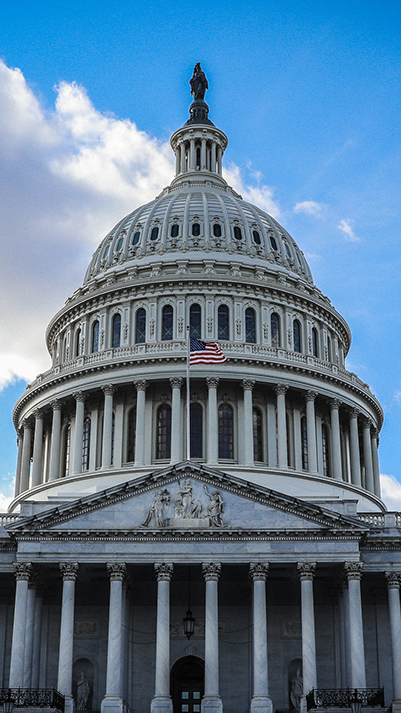Michael Cannon argues that all of our major health care programs (Medicare, Medicaid, Obamacare, etc.) came into existence primarily to solve problems created by previous government interventions. And, the reason why there is a continuing push for further reform is because all the programs that are supposed to be solving problems are creating new ones. More.










